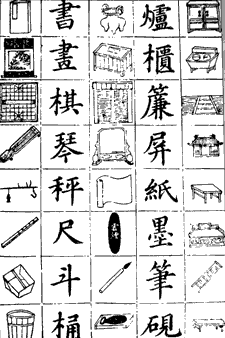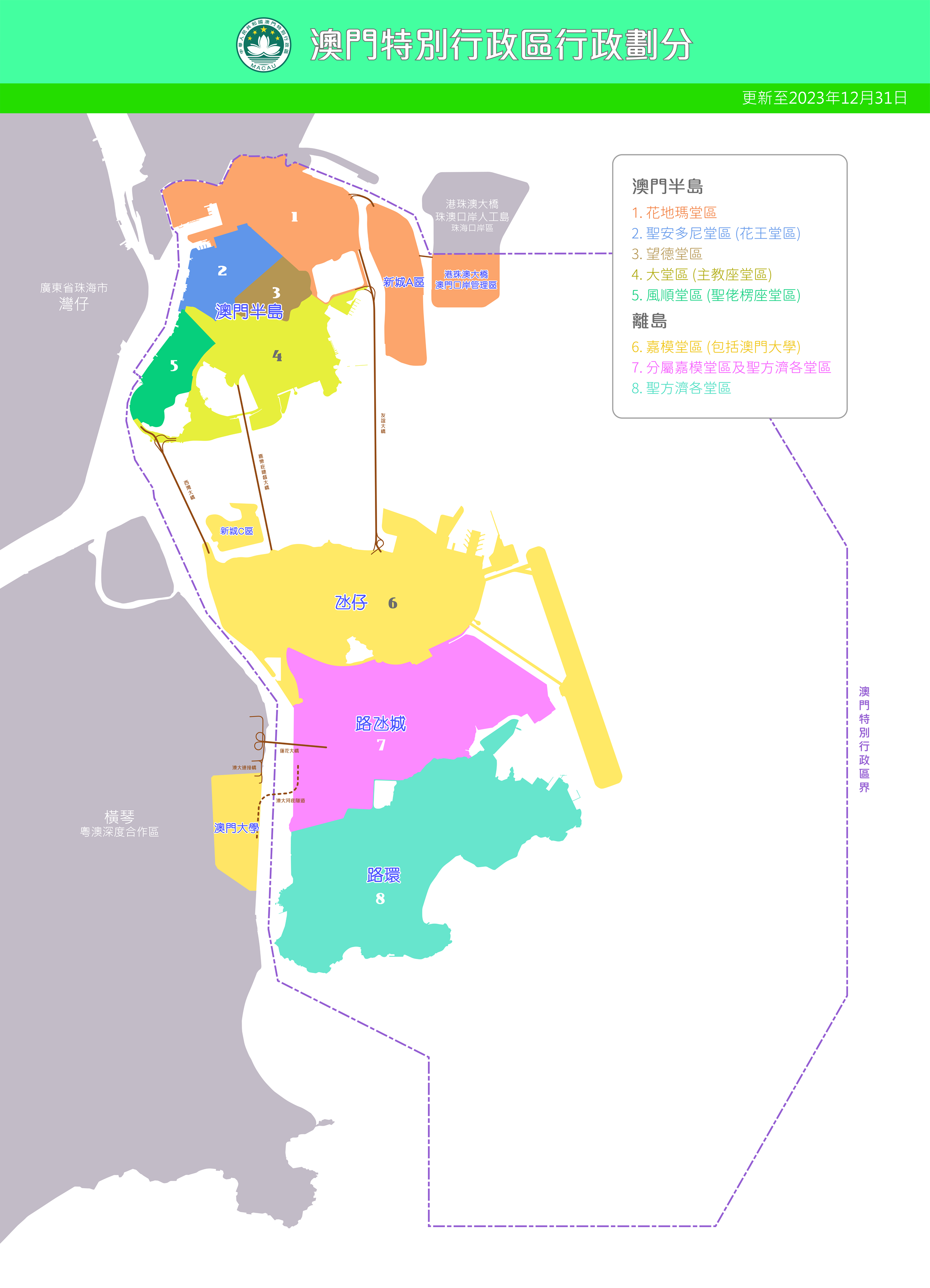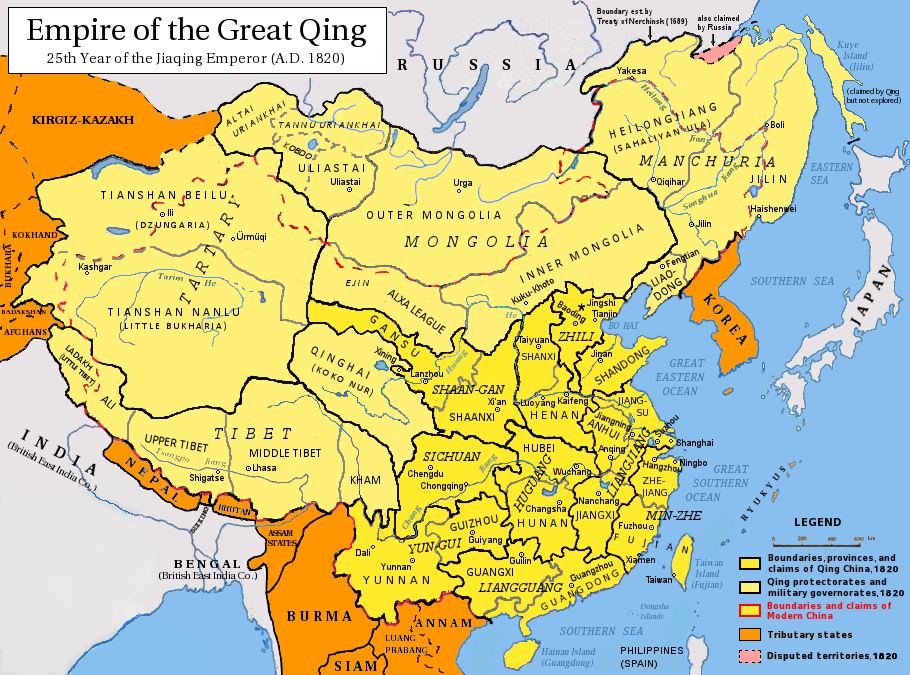|
Civic And Municipal Affairs Bureau
The Municipal Affairs Bureau (; pt, Instituto para os Assuntos Municipais) of Macau is an administrative body without political powers responsible for providing certain civic services for the special administrative region and is the successor to the Civic and Municipal Affairs Bureau ( pt, Instituto para os Assuntos Cívicos e Municipais) which was abolished in 2019. The latter was formed to handle the functions of the former municipalities of Macau and their councils and assemblies that were abolished on 1 January 2002, slightly more than two years after Macau became a special administrative region (SAR) of the People's Republic of China. The body is under the Secretariat for Administration and Justice of the Macau government. History Following the transfer of sovereignty over Macau from Portugal to China in 1999, the Portuguese administrative divisions of municipalities (concelhos) and parishes (freguesias) in Macau were kept provisionally in place: the provisional mun ... [...More Info...] [...Related Items...] OR: [Wikipedia] [Google] [Baidu] |
Government Of Macau
The Government of the Macau Special Administrative Region (; Portuguese: Governo da R.A.E. de Macau; conventional short name Macau Government, 澳門政府, Governo de Macau), are headed by secretariats or commissioners and report directly to the chief executive. The affairs of the government are decided by secretaries, who are appointed by the chief executive and endorsed by the State Council of the Central People's Government in Beijing. As a special administrative region of China, Macau has a high degree of autonomy, in light of the "One Country, Two Systems" policy. The Macau Government, financially independent from the Central People's Government, oversees the affairs of Macau. Head of government The chief executive is responsible for the administration of Macau. The affairs of the government are decided by secretariats, who are appointed by the chief executive and endorsed by the State Council of the Central People's Government in Beijing. The office of chief execut ... [...More Info...] [...Related Items...] OR: [Wikipedia] [Google] [Baidu] |
Municipalities Of Macau
A municipality is usually a single administrative division having corporate status and powers of self-government or jurisdiction as granted by national and regional laws to which it is subordinate. The term ''municipality'' may also mean the governing body of a given municipality. A municipality is a general-purpose administrative subdivision, as opposed to a special-purpose district. The term is derived from French and Latin . The English word ''municipality'' derives from the Latin social contract (derived from a word meaning "duty holders"), referring to the Latin communities that supplied Rome with troops in exchange for their own incorporation into the Roman state (granting Roman citizenship to the inhabitants) while permitting the communities to retain their own local governments (a limited autonomy). A municipality can be any political jurisdiction, from a sovereign state such as the Principality of Monaco, to a small village such as West Hampton Dunes, New York. Th ... [...More Info...] [...Related Items...] OR: [Wikipedia] [Google] [Baidu] |
Special Administrative Region Of The People's Republic Of China
The special administrative regions (SAR) of the People's Republic of China are one of the provincial-level administrative divisions of the People's Republic of China directly under the control of its Central People's Government (State Council), being integral areas of the country. As a region, they possess the highest degree of autonomy from China. However, despite the relative autonomy that the Central People's Government offers the special administrative regions, the National People's Congress remains capable of enforcing laws for the special administrative regions. The legal basis for the establishment of SARs, unlike the other administrative divisions of China, is provided for by Article 31, rather than Article 30, of the Constitution of the People's Republic of China of 1982. Article 31 reads: "The state may establish special administrative regions when necessary. The systems to be instituted in special administrative regions shall be prescribed by law enacted by t ... [...More Info...] [...Related Items...] OR: [Wikipedia] [Google] [Baidu] |
Secretariat For Administration And Justice (Macau)
The Secretariat for Administration and Justice ( zh, 行政法務司; pt, Secretaria para a Administração e Justiça) is the most senior cabinet role and key departments in the Government of Macau. When the Chief Executive is on leave, the Secretariat for Administration and Justice, according to Article 55 of the Basic Law, is of first priority to take up the responsibility of acting Chief Executive. The department was the amalgamation of: * Secretary for Justice * Secretary for Public Administration, Education and Youth List of responsibilities: * Public Administration and Civil Service Bureau * Legal Affairs Bureau * Printing Bureau * International Law Office * Civic and Municipal Training Centre * Judicial Reform Office (Gabinete para a Reforma Judica) List of Secretariats Former Officials * Dr. Jorge Alberto Hagedorn Rangel - Secretary for Public Administration, Education and Youth :* Ho Ven On - Assistant Secretary Procurator-General The Procurator General is the ... [...More Info...] [...Related Items...] OR: [Wikipedia] [Google] [Baidu] |
Transfer Of Sovereignty Over Macau
The transfer of sovereignty of Macau (; pt, Transferência da soberania de Macau) from Portugal to the People's Republic of China (PRC) occurred on 20 December 1999. Macau was settled by Portuguese merchants in 1557, during the Ming dynasty and was subsequently under various degrees of Portuguese rule until 1999. Portugal's involvement in the region was formally recognised by the Qing dynasty in 1749. The Portuguese governor João Maria Ferreira do Amaral, emboldened by the First Opium War and the Treaty of Nanking, attempted to annex the territory, expelling Qing authorities in 1846, but was assassinated. Mayers, William Frederick (1902). Treaties Between the Empire of China and Foreign Powers' (4th ed.). Shanghai: North-China Herald. pp. 156–157. After the Second Opium War, the Portuguese government, along with a British representative, signed the 1887 Sino-Portuguese Treaty of Peking that gave Portugal perpetual colonial rights to Macau on the condition that Portugal ... [...More Info...] [...Related Items...] OR: [Wikipedia] [Google] [Baidu] |
Municipalities And Parishes Of Macau
By the end of Portuguese rule, Macau was administratively divided into two municipalities ( pt, concelhos) and seven civil parishes ( pt, freguesias). Parishes were administrative subdivisions of the municipalities. After the 1999 handover to China, parishes are still officially recognized divisions but for symbolic reasons only. Parishes were formerly administrative divisions falling under the former two municipalities of Macau: Macau and Ilhas. Following the 1999 transfer of sovereignty over Macau from Portugal to China, these municipalities were formally abolished on 31 December 2001 by Law No. 17/2001. While their administrative functions have since been removed, these parishes are still retained nominally. Since the abolition of the municipalities, some of the municipal services are now handled by the Municipal Affairs Bureau. Parishes Prior to the dissolution of the municipalities in 2001, the first five parishes listed in the table below fell under the municipality of M ... [...More Info...] [...Related Items...] OR: [Wikipedia] [Google] [Baidu] |
Chinese Character
Chinese characters () are logograms developed for the writing of Chinese. In addition, they have been adapted to write other East Asian languages, and remain a key component of the Japanese writing system where they are known as '' kanji''. Chinese characters in South Korea, which are known as '' hanja'', retain significant use in Korean academia to study its documents, history, literature and records. Vietnam once used the ''chữ Hán'' and developed chữ Nôm to write Vietnamese before turning to a romanized alphabet. Chinese characters are the oldest continuously used system of writing in the world. By virtue of their widespread current use throughout East Asia and Southeast Asia, as well as their profound historic use throughout the Sinosphere, Chinese characters are among the most widely adopted writing systems in the world by number of users. The total number of Chinese characters ever to appear in a dictionary is in the tens of thousands, though most are g ... [...More Info...] [...Related Items...] OR: [Wikipedia] [Google] [Baidu] |
Parishes Of Macau
By the end of Portuguese rule, Macau was administratively divided into two municipalities ( pt, concelhos) and seven civil parishes ( pt, freguesias). Parishes were administrative subdivisions of the municipalities. After the 1999 handover to China, parishes are still officially recognized divisions but for symbolic reasons only. Parishes were formerly administrative divisions falling under the former two municipalities of Macau: Macau Macau or Macao (; ; ; ), officially the Macao Special Administrative Region of the People's Republic of China (MSAR), is a city and special administrative region of China in the western Pearl River Delta by the South China Sea. With a pop ... and Ilhas. Following the 1999 transfer of sovereignty over Macau from Portugal to China, these municipalities were formally abolished on 31 December 2001 by Law No. 17/2001. While their administrative functions have since been removed, these parishes are still retained nominally. Since the aboliti ... [...More Info...] [...Related Items...] OR: [Wikipedia] [Google] [Baidu] |
Leal Senado Building
The Leal Senado Building (Portuguese for ''Loyal Senate'') was the seat of Portuguese Macau's government (Legislative Assembly of Macau and Municipal Council of Macau). It is located at one end of the Senado Square in São Lourenço, Macau, China. It currently houses Macau's Municipal Affairs Bureau. Name The title was bestowed on Macau's government in 1810 by Portugal's prince regent João, who later became King John VI of Portugal. This was a reward for Macau's loyalty to Portugal, which refused to recognise Spain’s sovereignty during the Philippine Dynasty that it occupied Portugal, between 1580 and 1640. A plaque ordered by the king commemorating this can still be seen inside the entrance hall. History A Chinese-style Pavilion used to stand on the site of Leal Senado building. That building was then a meeting place for the Portuguese and the Chinese officials, and where the Ming dynasty government would announce regulations to Macau. The Portuguese planned to buy the ... [...More Info...] [...Related Items...] OR: [Wikipedia] [Google] [Baidu] |
Municipalities Of Macau
A municipality is usually a single administrative division having corporate status and powers of self-government or jurisdiction as granted by national and regional laws to which it is subordinate. The term ''municipality'' may also mean the governing body of a given municipality. A municipality is a general-purpose administrative subdivision, as opposed to a special-purpose district. The term is derived from French and Latin . The English word ''municipality'' derives from the Latin social contract (derived from a word meaning "duty holders"), referring to the Latin communities that supplied Rome with troops in exchange for their own incorporation into the Roman state (granting Roman citizenship to the inhabitants) while permitting the communities to retain their own local governments (a limited autonomy). A municipality can be any political jurisdiction, from a sovereign state such as the Principality of Monaco, to a small village such as West Hampton Dunes, New York. Th ... [...More Info...] [...Related Items...] OR: [Wikipedia] [Google] [Baidu] |
Freguesias Of Macau
By the end of Portuguese rule, Macau was administratively divided into two municipalities ( pt, concelhos) and seven civil parishes ( pt, freguesias). Parishes were administrative subdivisions of the municipalities. After the 1999 handover to China, parishes are still officially recognized divisions but for symbolic reasons only. Parishes were formerly administrative divisions falling under the former two municipalities of Macau: Macau and Ilhas. Following the 1999 transfer of sovereignty over Macau from Portugal to China, these municipalities were formally abolished on 31 December 2001 by Law No. 17/2001. While their administrative functions have since been removed, these parishes are still retained nominally. Since the abolition of the municipalities, some of the municipal services are now handled by the Municipal Affairs Bureau. Parishes Prior to the dissolution of the municipalities in 2001, the first five parishes listed in the table below fell under the municipality of Ma ... [...More Info...] [...Related Items...] OR: [Wikipedia] [Google] [Baidu] |
Administrative Divisions Of China
The administrative divisions of China have consisted of several levels since ancient times, due to China's large population and geographical area. The constitution of China provides for three levels of government. However in practice, there are five levels of local government; the provincial (province, autonomous region, municipality, and special administrative region), prefecture, county, township, and village. Since the 17th century, provincial boundaries in China have remained largely static. Major changes since then have been the reorganisation of provinces in the northeast after the establishment of the People's Republic of China and the formation of autonomous regions, based on Soviet ethnic policies. The provinces serve an important cultural role in China, as people tend to identify with their native province. Levels The Constitution of China provides for three levels: the provincial, the county level, and the township level. However, in practice, there are four l ... [...More Info...] [...Related Items...] OR: [Wikipedia] [Google] [Baidu] |
.jpg)




